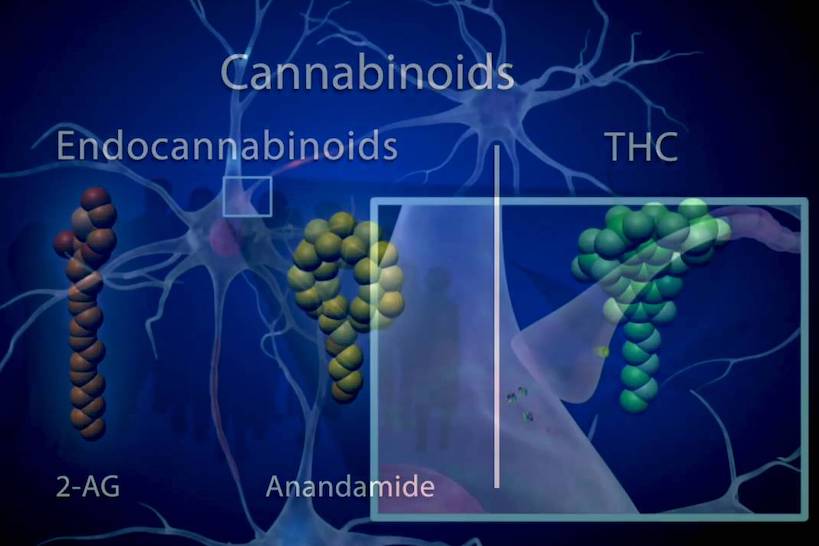A woman who experiences little to no pain or anxiety has a mutation in a previously unknown gene that results in a build up of anandamide, an enzyme that “works in a similar way to the active ingredients of cannabis”, as The Guardian reports.
Doctors identified the mutation in Jo Cameron, 71, after a surgeon who was baffled by her recovery from an operation referred her for genetic testing.
Cameron, from Inverness, has had all manner of accidents and injuries. On the up side, she can deal with them, but on the down side it is the lack of a warning system that has sometimes caused them.
“I knew that I was happy-go-lucky, but it didn’t dawn on me that I was different,” she says. “I thought it was just me. I didn’t know anything strange was going on until I was 65.”
A team at UCL has now published a report into Cameron’s DNA after finding two notable mutations.

The Guardian reports: “The first mutation the scientists spotted is common in the general population. It dampens down the activity of a gene called FAAH. The gene makes an enzyme that breaks down anandamide, a chemical in the body that is central to pain sensation, mood and memory. Anandamide works in a similar way to the active ingredients of cannabis. The less it is broken down, the more its analgesic and other effects are felt.
“The second mutation was a missing chunk of DNA that mystified scientists at first. Further analysis showed that the “deletion” chopped the front off a nearby, previously unknown gene the scientists named FAAH-OUT. The researchers think this new gene works like a volume control on the FAAH gene. Disable it with a mutation like Cameron has and FAAH falls silent. The upshot is that anandamide, a natural cannabinoid, builds up in the system. Cameron has twice as much anandamide as those in the general population.”
James Cox, a researcher on the study, said: “There’s an awful lot we can learn from her. Once we understand how the new gene works, we can think about gene therapies that mimic the effects we see in her. There are millions of people living in pain and we definitely need new analgesics. Patients like this can give us real insights into the pain system.”
Cameron seems to know what’s needed. “There may be more like me who are out there that haven’t realised what is different about them,” she says. “If they go and help out with the experiments, it may do something to get people off manmade painkillers and on to more natural ways of relieving pain.”




